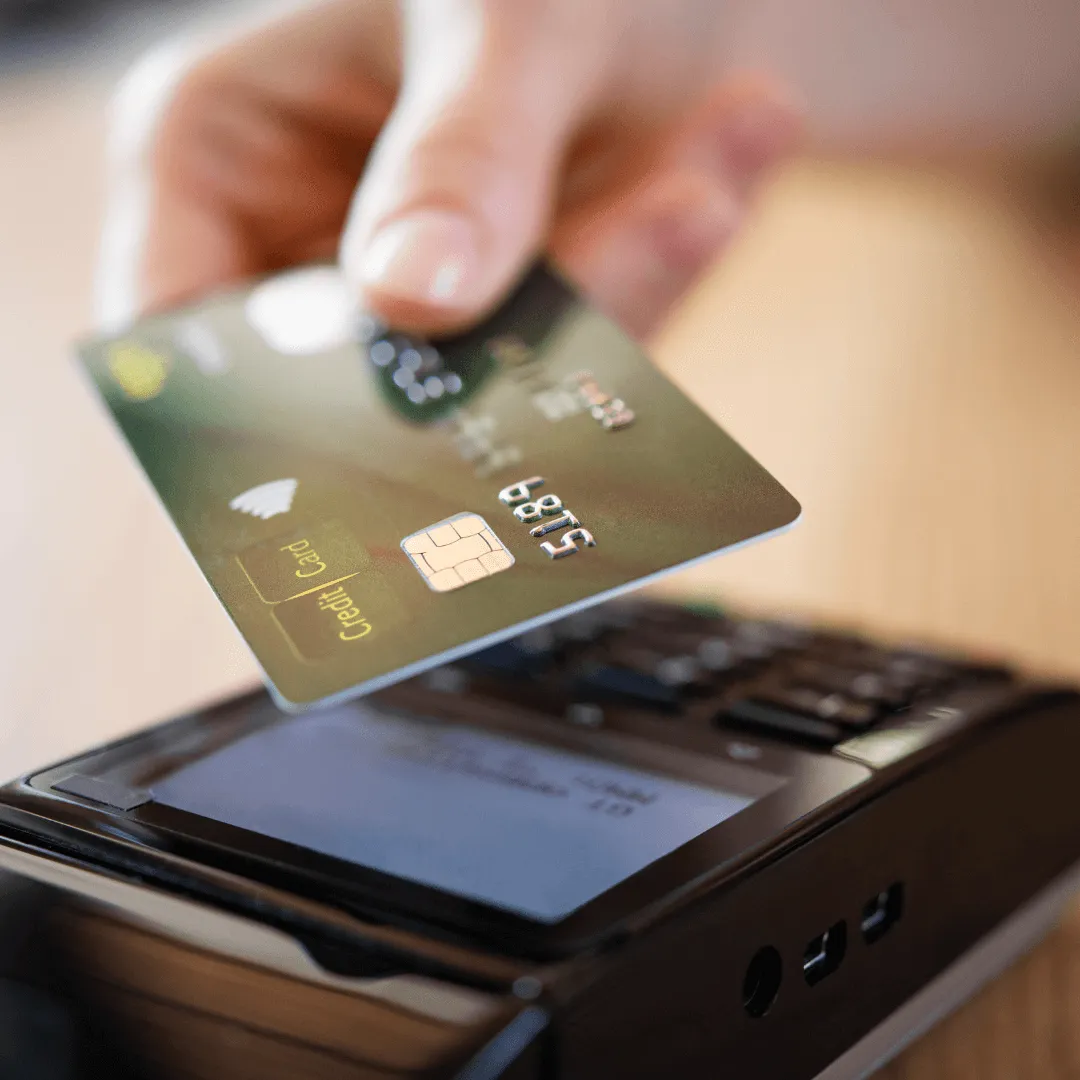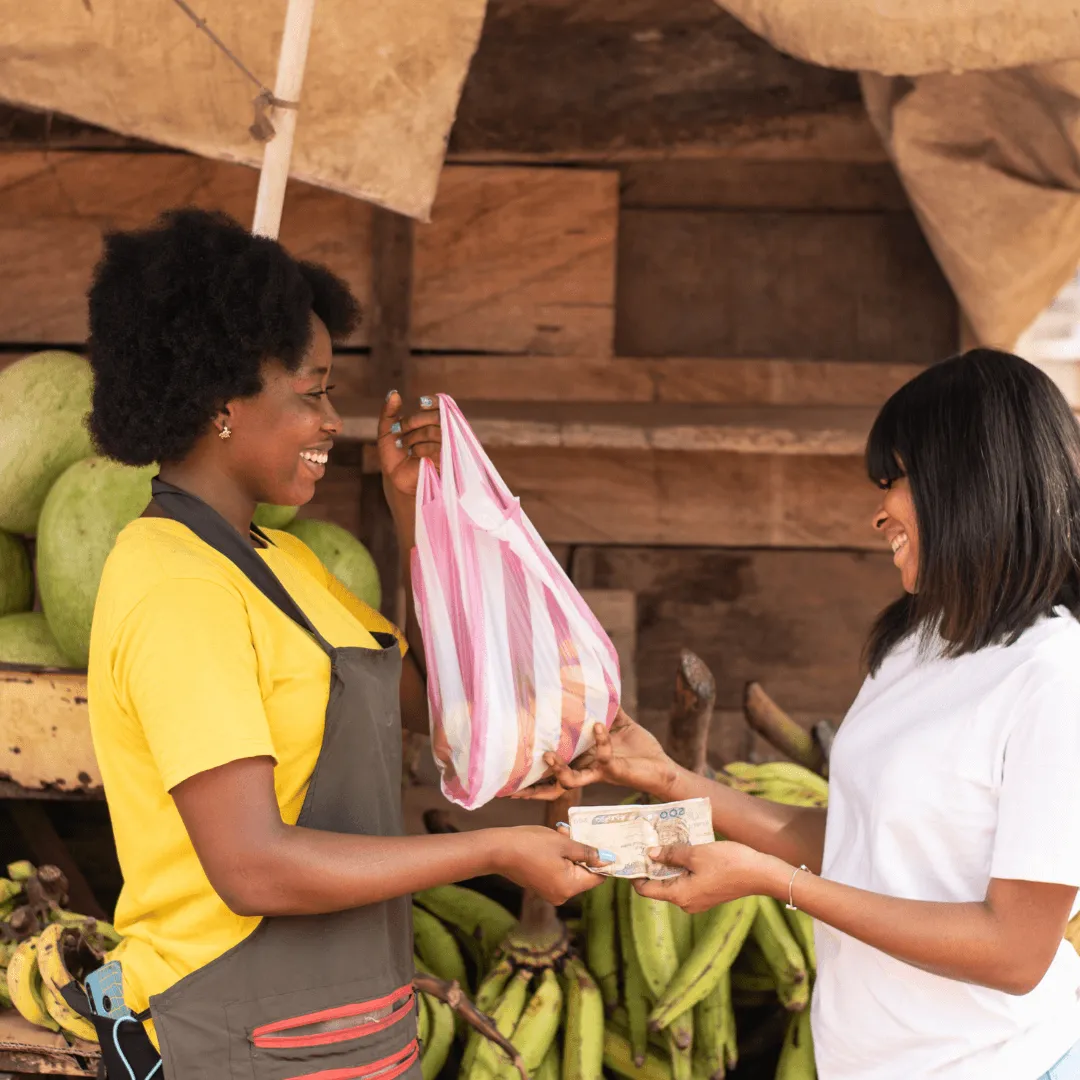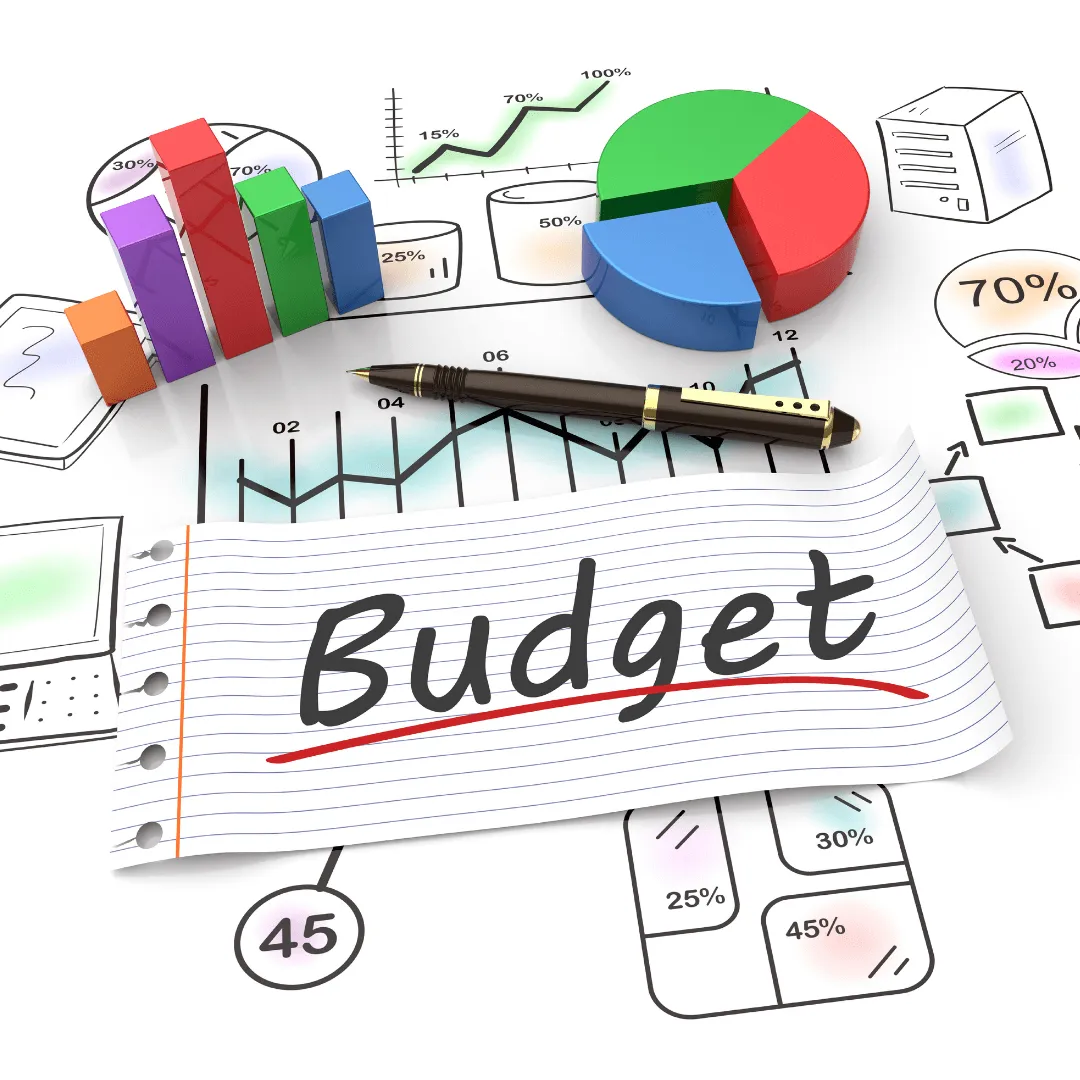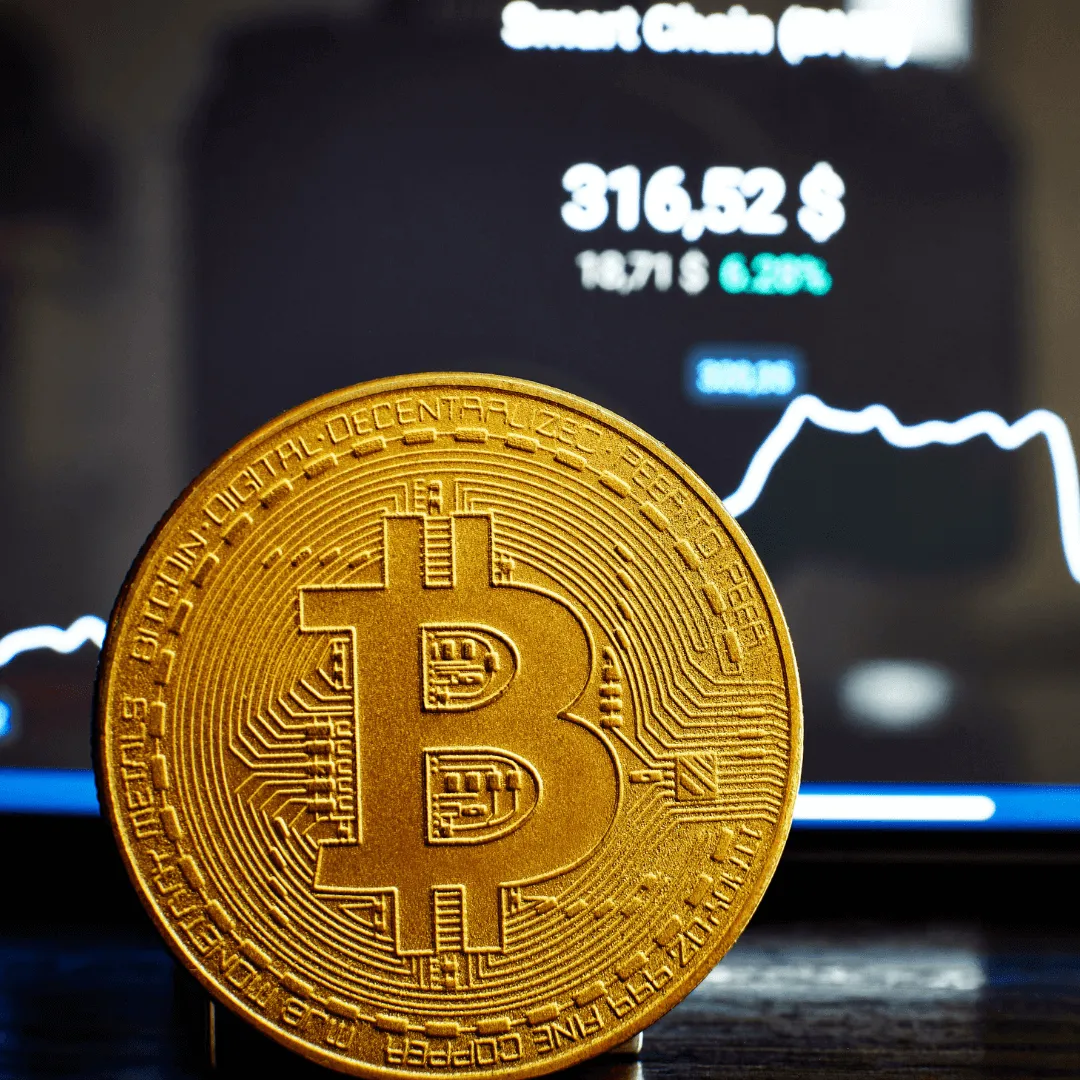The importance of cash : Why it still reigns in a digital world.
Digital payments have become common place but cash still reigns supreme in many countries, including many western ones such as Germany and Switzerland. More than a third of all consumer transactions globally are still carried out in cash. If you thought you could manage all payments on your foreign trip using credit cards and digital wallets, think again. Making space for cash in your wallet is practical for a number of reasons, as discussed in this important article.

1. Avoid card fees
When you use your card to pay for services or products, both you and the merchant/provider are charged card fees. On some items, merchants may end up paying 2-5% of the purchase price. To discourage credit card payments, merchants offer a good discount on cash payments. Unless you have a no foreign transaction fee credit card, each transaction is more money down the drain. Many countries have banned surcharge fees but businesses have been found to flout this rule and may charge you extra for credit/debit card payments. To avoid overusing your cards and racking up fees or getting charged extra at shops and restaurants, pay with cash as much as you can. If you get a buyback guarantee, you could carry extra cash with you and exchange it at no fee, subject to terms and conditions.
2. Credit cards are accepted widely but not everywhere
The major credit card networks are accepted by most retailers nationally and internationally. However, you may come across small, local businesses that don't accept specific cards. Carrying two or more credit cards may give you purchasing flexibility in your home country, but not make a difference in countries that have local card schemes and don't generally accept international cards. In such a situation, cash will come to your aid.
3.Get a fair exchange rate
One type of currency conversion is when your network determines the exchange rate to apply to your bill. The other is when the business converts the bill from their local currency to your currency before charging your card. This is known as dynamic currency conversion, and often gives foreign travellers a raw deal as businesses will be motivated to pick exchange rates that favour them. Businesses should first get your permission to convert your currency dynamically. Of course, not all retailers solely focus on their own interests; some may be genuinely trying to help you by converting currencies. The bottom line is that you can avoid paying more by simply choosing to transact using cash.
4. Cash is the preferred payment mode at many businesses
From night markets, chic seaside restaurants, street food stalls to bars, nightclubs and sightseeing tours, many businesses may prefer cash to expedite transactions, especially during peak season or busy hours. You may have to wait to make your payment while the retailer quickly attends to other consumers who pay in cash.
.webp)
.webp)
5. You'll be in a fix if shops insist on cash
There's always the possibility of small retailers accepting payments only in cash. You may have no option but to borrow cash from another customer and return their money digitally, or after withdrawing money from a nearby ATM. You can easily avoid this hassle by carrying sufficient cash on your international trip.
6. Cash is handy for following tipping etiquette
Tipping is an expected practice in many countries. This may take some getting used to if you come from a place that does not usually encourage tipping. Having cash on hand is vital when you need to tip porters, waiters, hairdressers, doormen and tour guides.
7. No risk of identity theft
FElectronic cards are at a risk of card cloning at ATMs and pretty much anywhere they're swiped. If you're visiting an unsafe city that has reported incidents of credit card skimming, cash is the safest bet. Making online payments using public computers or on an unsecured public Wi-Fi network also poses its own dangers. Cybercriminals can steal your credit card and bank details to make fraudulent transactions that you may discover only after you return home from your trip. Be vigilant when using your cards and avoid ATMs in remote locations.
8. Cash is easier to budget
It's easy to go overboard with your spending when you use credit cards. You may not even realise how much you've swiped until after you get large credit card bills and/or unauthorized overdrafts. You can budget more consciously and easily when you transact mostly in cash
.webp)
.webp)
9. There's an outside chance of system vulnerabilities and electrical power cuts
You've just received a glorious massage and whip out your credit card to pay the spa. But their card reader stops working and you're requested to pay cash. Imagine that an internet outage affects credit card and online payments at the mall you’re in. Cashless transactions can run into problems in cities that experience frequent power outages or otherwise have a weak internet infrastructure. Cash is a saviour in such instances, ensuring that you're not impacted in any way.
10. Avoid the financial effects of a natural disaster
In the event of a flood or cyclone (or in the event of political turmoil or even armed conflict) that leaves your city with limited power, phone and internet connections, you'll need cash to make essential purchases. Here again, carrying sufficient local currency will prove convenient and possibly even vital to you and your loved ones.
11. Cash is safer than most door handles and PIN pads
According to the Centers for Disease Control and Prevention (CDC), there’s a less than 1 in 10,000 chance of contracting COVID-19 from surfaces. A European Central Bank (ECB) study finds that like many diseases, coronavirus survives for a much shorter time on a banknote compared to a door handle. You could be extra careful using high-touch surfaces such as shopping baskets, elevator buttons, reception areas chairs, water cooler handles and stability straps on buses.
12. Consider the environmental impacts of paying with bitcoin
The computational energy needed for mining bitcoin and many other cryptocurrencies is massive. In fact, a Cambridge University study indicates that bitcoin consumes more energy annually than Argentina! Much of this energy comes from burning fossil fuels. Additionally, the bitcoin network alone is responsible for 11.5 kilotons of e-waste a year. If you care about lowering your carbon footprint, cash is best for normal transactions. Of course for large transactions over 10,000USD such as buying car, a home or for investment, cryptocurrencies are absolutey fine. It is for small transactions where the energy use per dollar spent is extremely high.
.webp)












